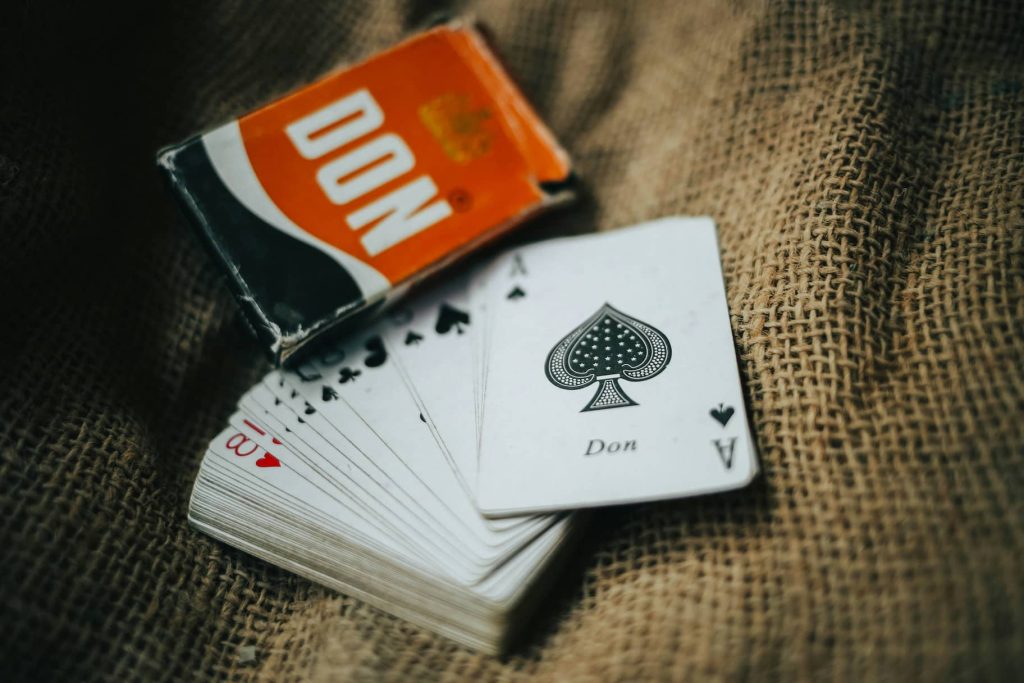Winning feels good. The rush. The excitement. The validation. But for some, victory comes with an unexpected weight. Instead of joy, they feel guilt. Instead of celebrating, they worry. This is the paradox of gambling success. Before you get into the details, check out 22Bet for the latest odds on live sports betting.
Why Guilt Creeps In
Why would winning cause guilt? It seems counterintuitive. But psychology tells a different story.
Survivor’s Guilt: Some feel they don’t deserve the money. Others lost everything while they walked away rich.
Moral Conflict: They question whether gambling is ethical. Did they win at someone else’s expense?
Fear of Judgment: Friends and family may not understand. They assume gambling is reckless, not rewarding.
This guilt is not immediate. It can grow over time, leading to regret and even depression.
The Pressure to Spend or Share
Money changes relationships. A big win often attracts attention. Friends may ask for help. Family might expect gifts. Strangers come out of nowhere with stories of need.
At first, it feels good to share. But soon, expectations build. People ask for more. If you refuse, they might resent you. The guilt grows. Did you deserve this money while others struggle?
Some winners spend recklessly to avoid guilt. They give too much. They try to make everyone happy. Eventually, they end up broke—wishing they had never won at all.
The Fear of Losing It All

Winning once is thrilling. But what happens after? Many feel pressure to win again.
They return to the casino. They chase the next high. Some gamble away everything they won. Then guilt takes over. They had money, but they lost it. Now, they feel foolish. They blame themselves.
This cycle is dangerous. It can lead to addiction, financial ruin, and emotional distress.
The Social Isolation of Big Winners
Not everyone will be happy for you. Some friends might feel envious. Others might assume you’ve changed.
People treat winners differently. They question motives. They assume wealth means endless generosity. This can lead to isolation. Winners avoid conversations about money. They downplay their success. They stop trusting others.
Over time, this emotional burden can become overwhelming.
Managing Gambler’s Guilt
Guilt doesn’t have to control your life. There are ways to cope.
Set Boundaries
Decide in advance how much you will share. Be firm. Not everyone needs to benefit from your win.
Seek Professional Advice
Financial planners can help manage money wisely. Therapists can help navigate emotions.
Give with Intention
If you want to help, do it strategically. Set up a fund. Donate to causes you believe in. But don’t feel pressured to give impulsively.
Accept That Luck Is Random
Winning isn’t about being deserving. It’s about chance. You did not take from anyone else. Luck simply favored you this time.
Many expect losers to suffer. They rarely think about winners struggling too. Yet, big wins can bring stress, anxiety, and regret. Some call it “gambler’s guilt.” It’s real, and it affects more people than you might think.
